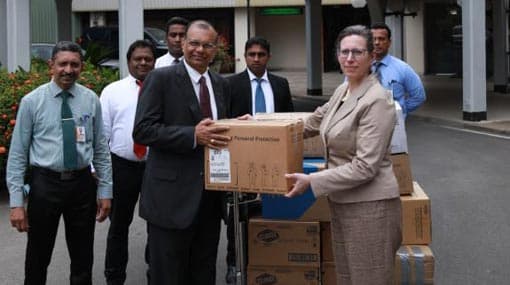Women only social clubs grow in Triad, offering new community ties
A Nov. 12, 2025 report by Triad City Beat documents the rising popularity of members only social clubs and communities for women across the Triad, with groups in Greensboro and nearby areas expanding networking, wellness and social programming. The trend matters to Guilford County residents because these organizations are filling gaps in social support, creating steady revenue opportunities for local small businesses, and raising questions about access and public policy.

Triad City Beat published a detailed look on November 12, 2025 at the local rise of members only social clubs and communities for women in the Triad. The report profiles local groups that offer a mix of networking, wellness and social programming, and it summarizes organizers discussions about membership models and community needs. For Guilford County residents the story highlights where to find events and membership information and why these groups have become more prominent in recent years.
Organizers described a range of programming from peer networking and professional development to wellness classes and social gatherings. The report noted that these groups are responding to everyday needs for connection and practical support that public services and informal networks do not always meet. By centralizing events and curated programming, the clubs are creating recurring demand for local venues, instructors and service providers, which has implications for hospitality, fitness and cultural sectors in Greensboro and surrounding communities.
Economically, members only models shift revenue toward predictable streams through dues and subscriptions, which can stabilize small scale cultural and service enterprises. That predictability helps local vendors and freelancers who contract for events, from caterers to wellness instructors. It also creates secondary spending in neighborhoods where meetings and gatherings occur. For Guilford County policy makers and economic development officials this trend points to opportunities to support microenterprise and community space development while monitoring equitable access.
There are trade offs to consider. Membership based models can increase social capital among participants, but they can also create barriers for those who cannot afford dues or who lack flexible schedules. The Triad City Beat piece emphasized organizers conversations about balancing exclusivity and inclusiveness through sliding scale options, scholarship funds and partnerships with nonprofits. For the county this raises questions about how public funding and community partnerships can broaden participation in locally based networks that carry social and economic benefits.
Longer term, the rise of women focused social clubs in the Triad links to broader shifts in how adults organize social and professional life after the pandemic. Subscription and community models are increasingly used to provide curated experiences and reliable social calendars. For Guilford County residents this means new pathways to build professional networks and personal support systems. Local leaders who want to leverage the trend might consider policies that expand affordable community space, promote small business partnerships with these groups, and ensure transit and childcare options are aligned with event schedules.
The Triad City Beat report by Jasmine Gaines provides a practical roadmap for Guilford County residents who want to learn more, and it signals to local stakeholders that these community driven organizations are now an active part of the county social and economic landscape.


